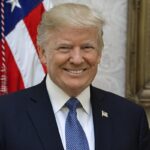
Donald J. Trump, the 45th President of the United States, served from January 20, 2017, to January 20, 2021. A businessman and television personality before entering politics, Trump was the first U.S. president without prior political or military experience. Running as a Republican, he appealed to a base frustrated with establishment politics and economic stagnation, promising to “Make America Great Again.” His presidency was marked by significant economic, foreign policy, and social developments, alongside controversies and deep polarization.
Early Life and Business Career
Donald John Trump was born on June 14, 1946, in Queens, New York City. Raised in a wealthy family, he attended the New York Military Academy before studying economics at the University of Pennsylvania’s Wharton School, graduating in 1968.
Business Career
Trump joined his father’s real estate business, rebranding it as the Trump Organization. Over the decades, he built a global brand through luxury real estate, hotels, casinos, and golf courses. His name became synonymous with opulence and high-profile deals, though his business ventures were not without controversy, including multiple bankruptcies.
Media Presence
Trump gained national fame as the host of The Apprentice, a reality television show that aired from 2004 to 2015. This platform bolstered his public persona as a successful businessman and tough negotiator.
Entry into Politics
Trump announced his candidacy for the presidency in June 2015, running on an “outsider” platform that rejected traditional political norms. His campaign focused on issues like immigration reform, economic nationalism, and “draining the swamp” of Washington insiders.
2016 Election
Trump’s unconventional campaign defeated a crowded field of Republican primary contenders. In the general election, he faced Democratic candidate Hillary Clinton. Despite losing the popular vote, he won the Electoral College with victories in key battleground states, securing the presidency.
Domestic Policies
Trump’s presidency focused heavily on reshaping domestic policies, often with a populist, nationalist agenda.
Economic Policy
Trump’s administration prioritized tax reform, deregulation, and economic growth.
- Tax Cuts and Jobs Act (2017): The centerpiece of his economic agenda, this legislation lowered corporate tax rates and reduced taxes for individuals, aiming to stimulate investment and economic growth.
- Economic Performance: Before the COVID-19 pandemic, the U.S. economy experienced record-low unemployment, strong stock market performance, and GDP growth.
- Trade Policies: Trump renegotiated trade deals, including replacing NAFTA with the United States-Mexico-Canada Agreement (USMCA). He also imposed tariffs on Chinese goods, citing unfair trade practices, sparking a trade war.
Immigration Reform
Trump’s immigration policies were among his most contentious.
- Border Wall: He advocated for a physical wall along the U.S.-Mexico border to curb illegal immigration. While Congress provided limited funding, portions of the wall were constructed during his term.
- Travel Ban: In 2017, Trump signed an executive order restricting travel from several predominantly Muslim countries, a policy upheld by the Supreme Court after legal challenges.
- Family Separation Policy: The administration’s “zero-tolerance” policy led to the separation of migrant families at the border, sparking widespread criticism.
Judicial Appointments
One of Trump’s lasting legacies is his influence on the federal judiciary.
- He appointed three Supreme Court justices: Neil Gorsuch, Brett Kavanaugh, and Amy Coney Barrett, solidifying a conservative majority.
- Trump also appointed more than 200 federal judges, shaping the judiciary for decades.
Foreign Policy
Trump’s foreign policy, guided by the principle of “America First,” sought to prioritize U.S. interests over multilateral commitments.
Diplomatic Relationships
Trump challenged traditional alliances and engaged directly with adversaries.
- NATO: He criticized NATO members for not meeting defense spending commitments, pressuring allies to increase contributions.
- North Korea: Trump became the first sitting U.S. president to meet with North Korean leader Kim Jong-un. While their summits drew international attention, negotiations on denuclearization ultimately stalled.
- Middle East: His administration brokered the Abraham Accords, normalizing relations between Israel and several Arab nations.
Withdrawal from Agreements
Trump withdrew the U.S. from several international agreements, arguing they were detrimental to American interests.
- Paris Climate Agreement: He cited concerns over economic impacts on the U.S. while rejecting global climate regulations.
- Iran Nuclear Deal: Trump abandoned the agreement, reinstating sanctions on Iran to pressure it into renegotiating its nuclear program.
- Trans-Pacific Partnership (TPP): He withdrew from this trade pact, favoring bilateral agreements.
Social and Cultural Policies
Trump’s presidency coincided with significant cultural shifts and political polarization.
Healthcare
While Trump campaigned on repealing and replacing the Affordable Care Act (ACA), legislative efforts failed. His administration took steps to weaken the ACA, including removing the individual mandate penalty.
Criminal Justice Reform
Trump signed the First Step Act in 2018, a bipartisan effort to reduce sentences for nonviolent offenders and improve rehabilitation programs.
Polarization and Rhetoric
Trump’s communication style, characterized by direct and often combative tweets, energized his supporters but alienated critics. His rhetoric on issues like race and immigration drew accusations of inflaming divisions.
COVID-19 Pandemic
The COVID-19 pandemic defined the final year of Trump’s presidency.
Initial Response
Trump’s administration faced criticism for its handling of the pandemic, including delays in testing and inconsistent messaging.
Economic and Healthcare Measures
- The administration signed the CARES Act, a $2 trillion stimulus package providing direct payments to Americans, expanded unemployment benefits, and support for small businesses.
- Operation Warp Speed accelerated vaccine development, leading to the approval of multiple COVID-19 vaccines by the end of 2020.
Controversies
Trump’s downplaying of the virus and skepticism about mask mandates and public health measures drew sharp criticism from health experts and political opponents.
2020 Election and Aftermath
Trump ran for reelection in 2020 against Democratic candidate Joe Biden. Despite losing both the popular vote and the Electoral College, Trump refused to concede, alleging widespread voter fraud without substantive evidence.
Capitol Riot
On January 6, 2021, a mob of Trump supporters stormed the U.S. Capitol following a rally where Trump urged them to protest the election results. The riot disrupted the certification of Biden’s victory and led to Trump’s second impeachment, making him the only president to be impeached twice.
Legacy
Trump’s presidency left an indelible mark on American politics and society.
Support and Criticism
- Supporters praise Trump for his economic policies, conservative judicial appointments, and focus on American sovereignty.
- Critics argue that his rhetoric and actions exacerbated polarization, undermined democratic norms, and damaged international alliances.
Impact on the Republican Party
Trump reshaped the Republican Party, solidifying its alignment with populist and nationalist ideals. His influence remains strong within the GOP, with many candidates embracing his platform and rhetoric.
Enduring Policy Changes
From tax reform to the judiciary, Trump’s policies will likely have long-term implications for the U.S.
Conclusion
Donald Trump’s presidency was one of the most unconventional and contentious in American history. His approach to governance, marked by disruption of political norms, resonated with millions of Americans seeking change but also deepened national divides. As a businessman-turned-politician, Trump redefined the presidency in ways that will be debated for generations. Whether viewed as a champion of American interests or a polarizing figure, his impact on the country is undeniable.
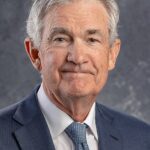
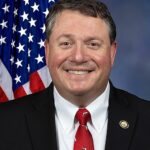
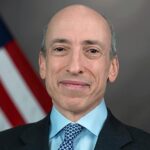
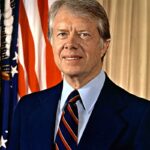
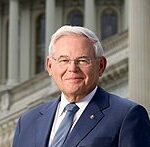
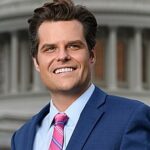
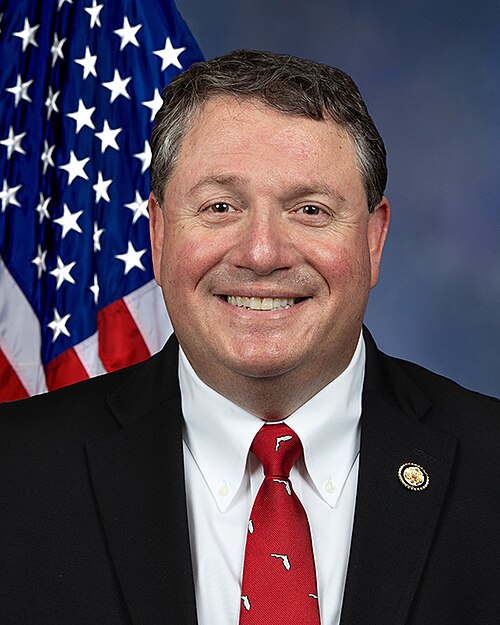
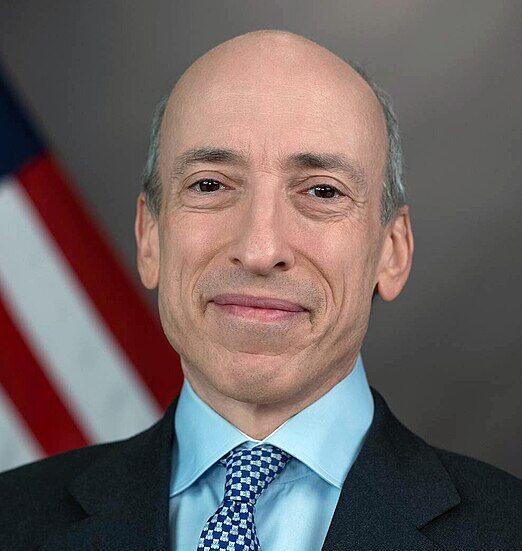
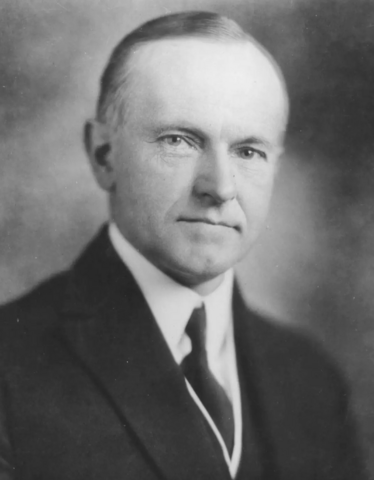
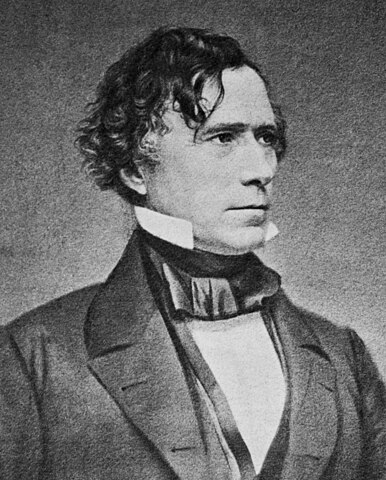
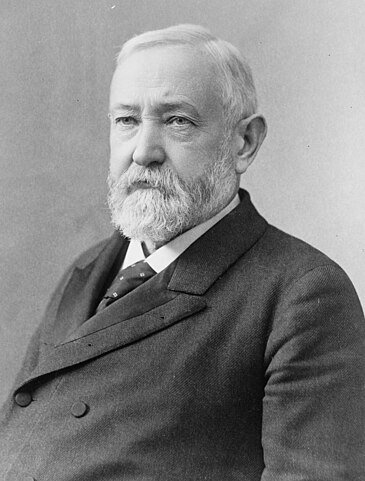
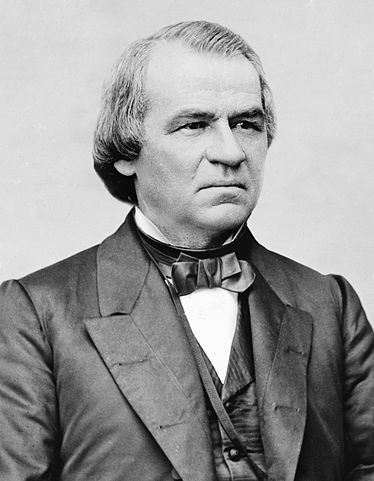
Trump represents the growing ultra right wing movement that is getting its foothold once again. Donald Trump is only an outlet for the evil that is trying to raise its ugly head once again and he is disapproved by all level headed citizen believing in equality and peaceful cohabitation of the human being. so, we need not worry. It is the duty of the people of America to see to it that that the devil’s head is crushed before it even raises the tip of a hair. Donald Trump is taking advantage of the situation to lead the people the wrong way. Racism, in all its forms, should be abolished and there is no better opportunity for the civil society to show the love and camaraderie that defines the nature of democracy. American Dream will march on!!!!
Does anyone know what Trump actually wants to do? It seems every time he is pressed for specifics on policy, he retreats behind buzzwords and catch phrases like “build the wall” and “make America great again.” I was kind of hoping after winning the nomination he would alter his rhetoric in order to sound more presidential, but based on what I’ve heard lately, that doesn’t seem to be his game plan. I firmly believe his success as a candidate can be attributed to how disgusted the right-wing voter base is with politics-as-usual in Washington and the establishment in general, although I’m concerned that people have no idea what sort of monster they are creating by the way that they vote. I guess only time will tell with the Donald.
Trump’s rhetoric seems to be election specific. He may be reflecting the perspective of a common man when he speaks tough against Islam and Muslims. Yes, radical Islam has been a great problem. You need a proper strategy to handle it. You cannot promote anarchy and chaos in the name of controlling Muslim immigration.
US needs to revisit her foreign policy while protecting her citizens from radical Islam. It’s wisdom and not rhetoric that’s the need of the hour.